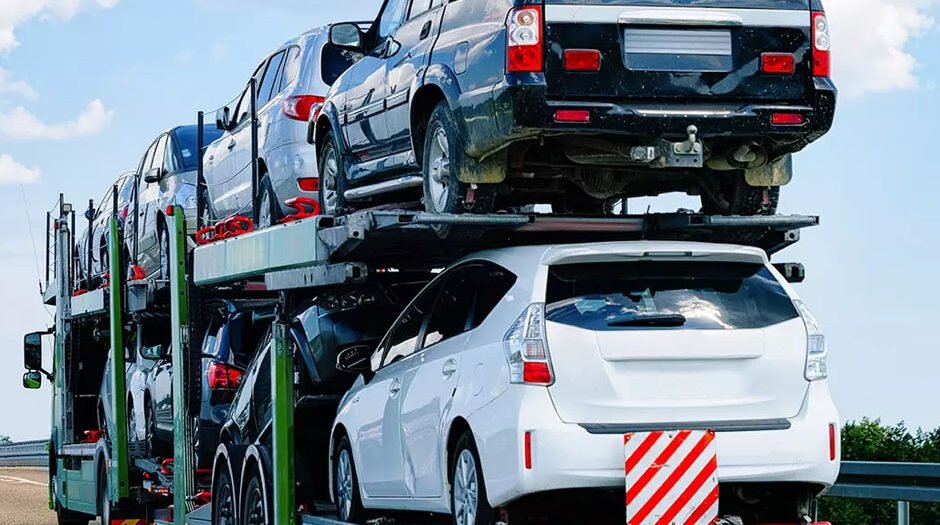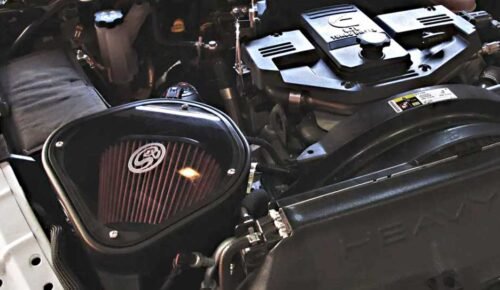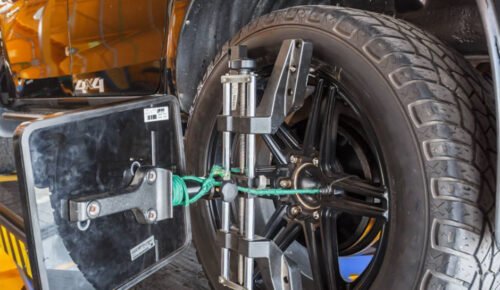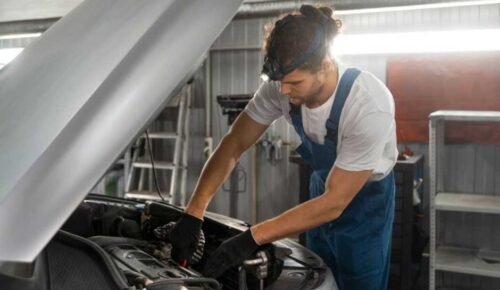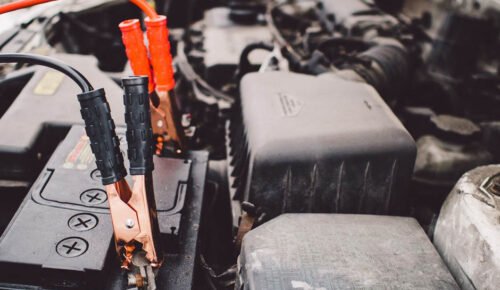Your car does not need to be in working condition to be transported by a vehicle mover. Professional vehicle movers possess the skills and equipment necessary to transport non-operational vehicles safely. Here are some of the factors to look into and preparations required for shipping non-operational vehicles:
Understanding Vehicle Movers and Their Services
Vehicle movers are companies that help with the movement of vehicles from one destination to another. They use various methods, such as open or enclosed trailers, flatbeds, and multi-car carriers, to promote the safe and efficient transport of different types of vehicles. Operational vehicles are more easily controlled since they can be driven on and off the transport trailer. Non-operational vehicles cannot be driven into the loading area and need additional equipment to be loaded. This is a major distinction as it affects the logistics of transportation. Non-operational vehicles are likely to require more time, effort, and specialized equipment like winches or cranes for transport.
Shipping Non-operational Vehicles
Non-operational vehicles may have mechanical issues, dead batteries, or other conditions that do not allow the car to be driven. One technique used in the transportation of non-operational vehicles is using a winch. A winch is a mechanical device that assists in pulling the vehicle up onto the transport trailer. Winches can be used in combination with flatbed trucks, which offer a stable platform for securing the vehicle during transit. Another tool is a liftgate. Liftgates raise vehicles to the height of the transport trailer for smooth loading and unloading.
Some vehicle movers use dollies and tow bars to support their operations. Dollies can help lift the wheels of the non-operational vehicle off the ground, allowing it to be rolled onto the trailer. Tow bars are fixed on the frame of the vehicle and enable it to be pulled onto the transport platform. Enclosed trailers provide added protection and are often used in transporting classic or high-value cars. These trailers offer protection to the vehicle from weather elements and other road hazards that may cause damage. Non-operational vehicles in enclosed trailers also have tie-down straps and wheel chocks to confirm that the vehicle remains immobile throughout the trip.
Preparing a Non-operational Vehicle for Shipping
The vehicle should be clean and free from personal effects to prevent damage to items during transit. Securing loose parts or components is necessary, which may include draining fluids, securing the battery, and making sure that all doors, windows, and trunks are shut. Give the vehicle mover all the relevant information about the car, including its condition and any modifications. This assists them with planning appropriately for a successful transport. Another factor is documentation. Have all relevant papers, such as the vehicle’s title and registration, gathered and readily available for the movers.
Understanding Insurance and Liability
Professional vehicle movers may provide insurance coverage to protect your car against potential damage during transit. Review the details of the coverage, including whether it extends to non-operational vehicles, to make sure it meets your needs. Have a clear understanding of the coverage and liability to help you feel comfortable before your car is shipped. You can also opt to purchase additional insurance to cover any gaps, further enhancing your vehicle’s safety during transit.
Ship Your Non-operational Vehicles
Whether you’re an individual car owner, a dealership, or a manufacturer, you can partner with a vehicle mover to transport various car types. These types include vintage cars, secondary vehicles, and those that are non-operational. Professional movers can help you get your car to the intended destitionation safely. Contact a reliable moving company today to learn more about their nationwide and state-to-state car shipping services.
